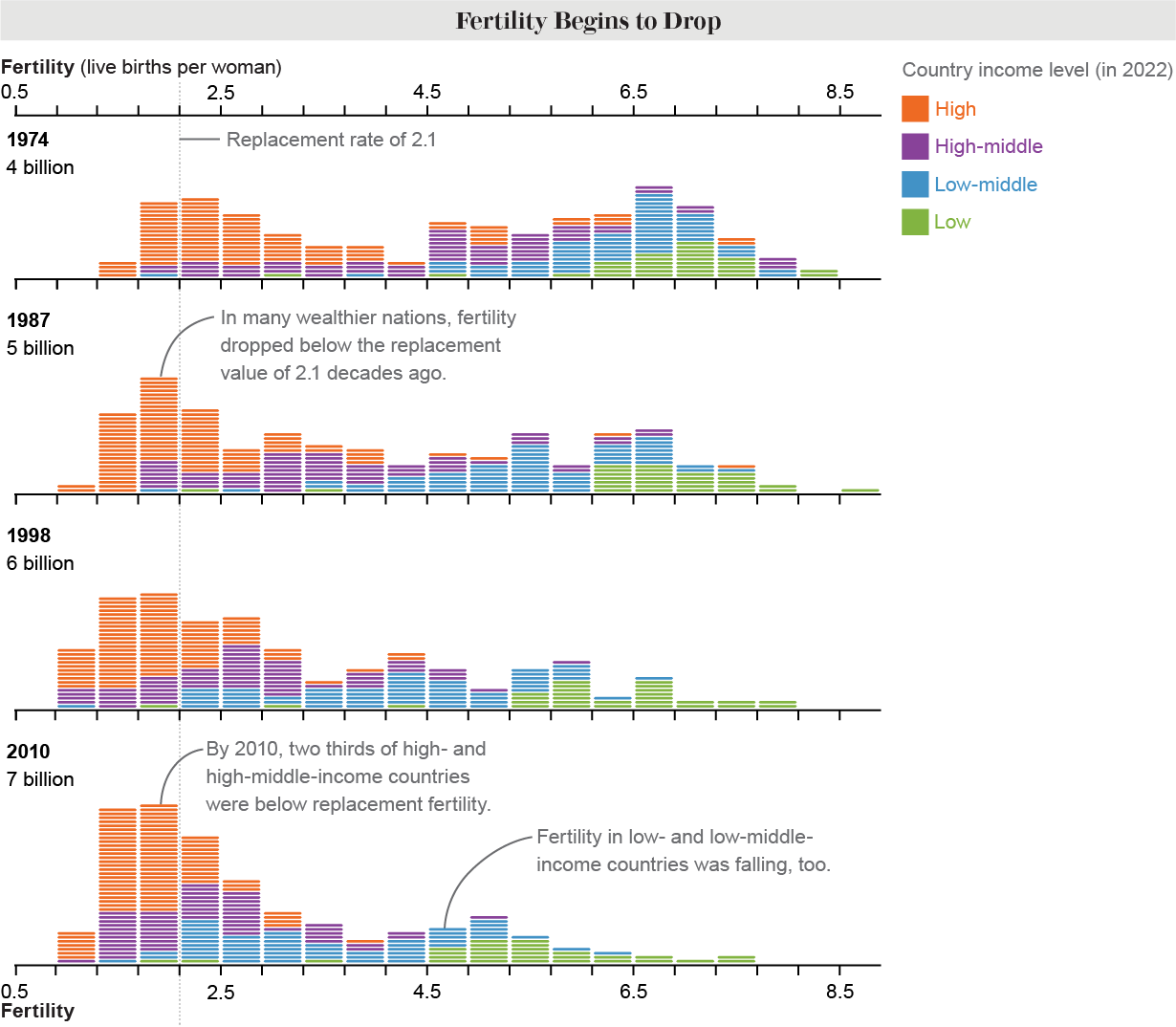Impact Of Slowing Growth: SSE Reduces Spending By £3 Billion

Table of Contents
SSE's Strategic Response to Economic Slowdown
SSE's £3 billion spending cut reflects a strategic response to a challenging economic climate. The company's decision-making process was likely driven by a combination of factors, all pointing towards a need for significant cost-cutting measures. Their recent financial performance, undoubtedly pressured by the current economic downturn, necessitated this drastic action.
The rationale behind the reduction hinges on several key pressures:
- Decreased consumer demand for energy: Economic uncertainty often leads to reduced energy consumption as businesses and households cut back on spending.
- Increased inflation and rising interest rates impacting project feasibility: Higher inflation and interest rates increase the cost of borrowing, making large-scale energy projects less financially viable. This directly impacts the return on investment for projects like renewable energy initiatives.
- Pressure on profitability margins: The squeeze on consumer spending and increased operational costs are compressing profit margins, forcing companies like SSE to seek ways to improve their bottom line.
- Potential for future regulatory changes: Uncertainty surrounding future government policies and regulations in the energy sector adds another layer of complexity to long-term investment planning.
Impact on Investment in Renewable Energy Projects
The £3 billion spending reduction will undoubtedly have a significant impact on SSE's ambitious renewable energy projects. Investments in wind, solar, and other renewable energy sources are likely to be delayed or even cancelled altogether. This has serious implications for the UK's commitment to achieving its renewable energy targets.
This could mean:
- Specific renewable energy projects affected: While SSE hasn't publicly specified every project affected, delays and cancellations are expected across their portfolio.
- Revised timelines for project completion: Existing projects are likely to experience extended timelines due to budget constraints.
- Impact on the UK's renewable energy targets: SSE's reduced investment could hinder the UK's progress towards its ambitious renewable energy goals.
- Potential long-term consequences for the energy transition: Delayed investments in renewable energy infrastructure could jeopardize the long-term transition to a cleaner energy system.
Job Security and Employment Implications
The spending cuts will inevitably have consequences for SSE's workforce. While the company hasn't announced specific job losses, the possibility of redundancies, hiring freezes, or reduced investment in training and development programs is a significant concern.
Potential outcomes include:
- Number of employees potentially affected: The exact number remains unclear, but a reduction in investment will likely lead to staffing adjustments.
- Specific roles or departments at risk: Roles directly involved in project delivery or expansion are most at risk.
- Retraining or reskilling programs: SSE may implement retraining programs to help employees adapt to changing roles within the company.
- Support for affected employees: Support packages for employees affected by redundancies will be crucial for managing the impact of the spending cuts.
Wider Implications for the Energy Sector
SSE's decision sends a ripple effect throughout the UK energy sector. Other energy companies might follow suit, implementing similar cost-cutting measures in response to the slowing growth and economic uncertainty. This could have profound implications for investor confidence and the overall market stability.
Consider these wider impacts:
- Impact on energy prices: Reduced investment in new generation capacity could lead to higher energy prices in the long run.
- Potential delays in the UK's energy transition: The slowing pace of renewable energy investment could delay the transition to a low-carbon economy.
- Concerns about energy security: Reduced investment in energy infrastructure could raise concerns about the UK's energy security.
- Reactions from industry analysts and experts: Industry experts are closely monitoring the situation, analyzing the potential long-term consequences of SSE's actions.
Conclusion: Understanding the Long-Term Effects of Slowing Growth on SSE and Beyond
SSE's £3 billion spending reduction is a stark illustration of the significant impact of slowing growth on large corporations and the energy sector. The consequences are far-reaching, affecting renewable energy investments, job security, and the overall stability of the energy market. The reduced investment in renewable energy projects poses a challenge to the UK's decarbonization goals, while the potential for job losses and reduced innovation highlight the human cost of economic slowdowns.
Stay updated on the impact of slowing growth on SSE and the wider energy sector. Follow SSE's response to the economic slowdown and learn more about the challenges and opportunities presented by this significant change. Learn more about the challenges facing the energy sector due to slowing growth by following reliable news sources and industry publications. [Link to relevant news article 1] [Link to relevant news article 2]

Featured Posts
-
 The Top 10 Us Beaches For 2025 A Dr Beach Ranking
May 24, 2025
The Top 10 Us Beaches For 2025 A Dr Beach Ranking
May 24, 2025 -
 The Pilbara Debate Rio Tintos Response To Forrests Environmental Concerns
May 24, 2025
The Pilbara Debate Rio Tintos Response To Forrests Environmental Concerns
May 24, 2025 -
 Lego Master Manny Garcia Visits Veterans Memorial Elementary School Photo Highlights
May 24, 2025
Lego Master Manny Garcia Visits Veterans Memorial Elementary School Photo Highlights
May 24, 2025 -
 Drapers Historic Indian Wells Triumph First Atp Masters 1000 Title
May 24, 2025
Drapers Historic Indian Wells Triumph First Atp Masters 1000 Title
May 24, 2025 -
 Reviewing The Impact Of Dc Legends Of Tomorrow On The Arrowverse
May 24, 2025
Reviewing The Impact Of Dc Legends Of Tomorrow On The Arrowverse
May 24, 2025
